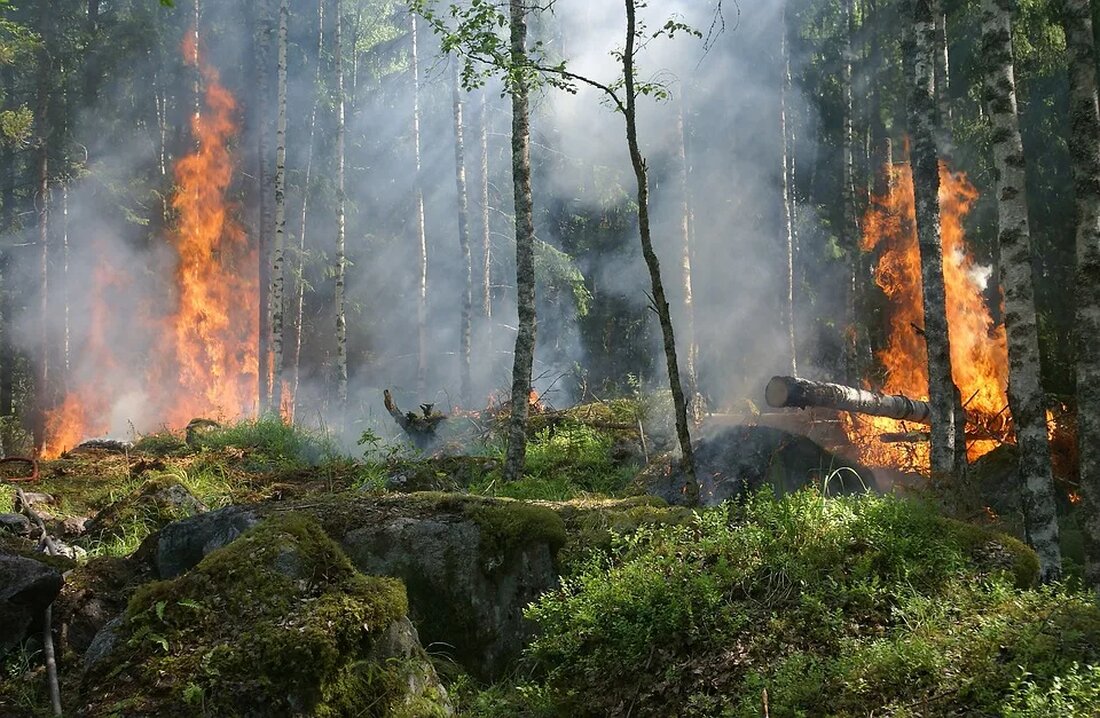Nature reserves: A refuge for endangered species
Nature reserves are important elements in the preservation and protection of biodiversity. They act as refuges for endangered species and contribute significantly to preventing the decline of biological diversity. Not only do they provide a safe habitat for plants and animals, but they also contribute to climate regulation, water treatment and soil fertility. What are nature reserves? Nature reserves are protected areas generally managed by government or private organizations to preserve the species and habitats that live within them. They cover a wide range of landscapes including forests, swamps, grasslands, lakes, rivers and marine areas. Importance of nature reserves The preservation of natural habitats is...

Nature reserves: A refuge for endangered species
Nature reserves are important elements in the preservation and protection of biodiversity. They act as refuges for endangered species and contribute significantly to preventing the decline of biological diversity. Not only do they provide a safe habitat for plants and animals, but they also contribute to climate regulation, water treatment and soil fertility.
What are nature reserves?
Nature reserves are protected areas generally managed by government or private organizations to preserve the species and habitats that live within them. They cover a wide range of landscapes including forests, swamps, grasslands, lakes, rivers and marine areas.
Importance of nature reserves
Preserving natural habitats is crucial for the survival of many species. The loss and fragmentation of natural habitats due to human activities are the main cause of biodiversity decline worldwide. Nature reserves provide a safe haven for endangered species and help reverse this trend.
They serve not only to protect species, but also to preserve genetic diversity, support ecological processes, research and education, and provide recreational opportunities.
Role of nature reserves in species conservation
Nature reserves play a crucial role in conserving endangered species. They provide protection and suitable habitat for a variety of plants and animals, support genetic diversity and contribute to the preservation of natural ecosystems.
Protection of species and habitats
By providing relevant habitat and natural resources, nature reserves contribute to the conservation of endangered species. They protect both the species and the natural processes that are crucial to their ability to survive. These include mating and reproductive processes, foraging, migratory behavior and the ability for species to respond to environmental changes.
Supporting genetic diversity
Genetic diversity is crucial for the survival and adaptability of species. By supporting large numbers of different individuals within a species, nature reserves help maintain genetic diversity. This diversity can help species adapt to changing environmental conditions and resist disease.
Preservation of natural ecosystems
Maintaining intact ecosystems is crucial for biological diversity. Ecosystems provide species with the conditions necessary to survive and thrive. Nature reserves help preserve natural ecosystems by protecting them from human interference.
Challenges in nature conservation
Despite their important role in species conservation, nature reserves face numerous challenges. These range from the direct destruction of natural habitats to indirect influences such as climate change.
Direct threats
Direct threats to protected areas can arise from human activities such as land and resource use, the spread of invasive species and pollution. Despite their protected status, these areas can be damaged by illegal activities such as poaching and illegal logging.
Climate change
Climate change poses a significant threat to nature reserves and the species they protect. It can lead to altered habitats, increased weather extremes and the extinction of species. Nature reserves must be flexible enough to adapt to these changing conditions.
Conclusion
Nature reserves are essential for the protection and conservation of endangered species. They provide a safe haven for these species and help maintain biodiversity. Despite the challenges they face, nature reserves provide an important opportunity for people to help preserve our natural world. With proper management and support, they can continue to play a critical role in preserving our planet.

 Suche
Suche
 Mein Konto
Mein Konto
